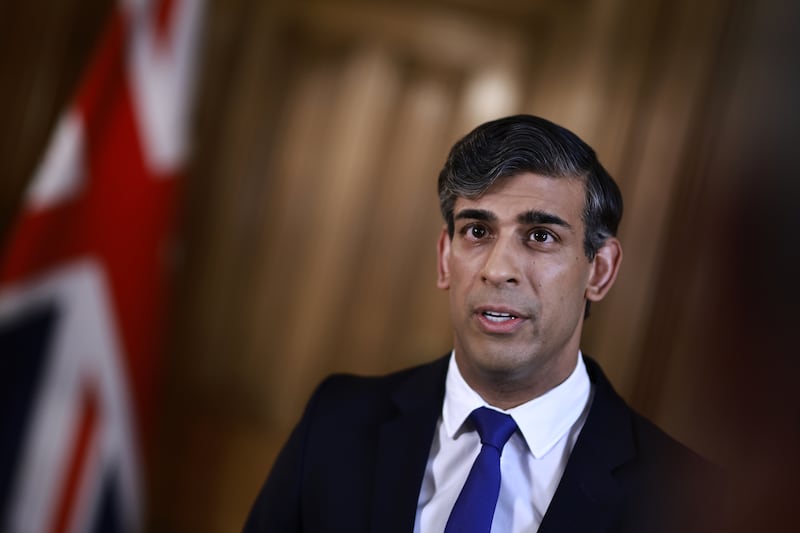Prime minister John Major was warned that Sir Winston Churchill’s private archive could be broken up unless he approved its purchase using millions of pounds of National Lottery money, according to newly released government files.
The acquisition in 1995 of the wartime leader’s papers from the Churchill family trust for £12.5 million was highly controversial – in part because the beneficiaries included his grandson, also called Winston Churchill, who was a sitting Tory MP.
There was concern also that the archive, covering more than 70 years from Sir Winston’s early childhood to the end of the Second World War, included official papers which were already the property of the state.
Boris Johnson, then a columnist on The Daily Telegraph, was among the critics of the use of lottery money to fund the purchase, describing it as a case of “taking from the poor to give to the rich”.

However, papers released by the National Archives at Kew, west London, show officials feared that unless they agreed, the government could face prolonged litigation – with only limited chances of success – to prevent it being broken up.
Under the terms of the agreement, following lengthy and at times acrimonious negotiations, the estimated one million documents would be preserved at the archive centre at Churchill College, Cambridge.
The lottery’s national heritage memorial fund would pay £11.5 million with the remainder coming from the J Paul Getty Trust.
However, the lord chancellor, Lord Mackay of Clashfern, was unhappy about the implications of the agreement.
“I have to say that I am greatly concerned at the prospect of the government apparently making a gift of public records to a private owner who would then transfer these records to the archive centre along with material for which a considerable sum of money had been given from public funds,” he warned.
“I would expect that the prime minister would wish to give careful consideration to the difficult presentational issues raised by this matter.”
In reply, the cabinet secretary Sir Robin Butler explained that, in part, they were paying to avoid the risk of future litigation. He warned that unless they proceeded as planned, the whole agreement could collapse.
“The £12.5 million referred to represents not only the purchase price for the purely private material but also an element of buying out the risk of litigation in which counsel assessed our chances of success as, at best, 50/50,” he wrote.
“We are advised that we should proceed with the transfer as planned on April 26 and that delay could result in the collapse of the whole arrangement.
“This could lead to a break-up of the archive which is what we have been trying very hard to prevent.”









